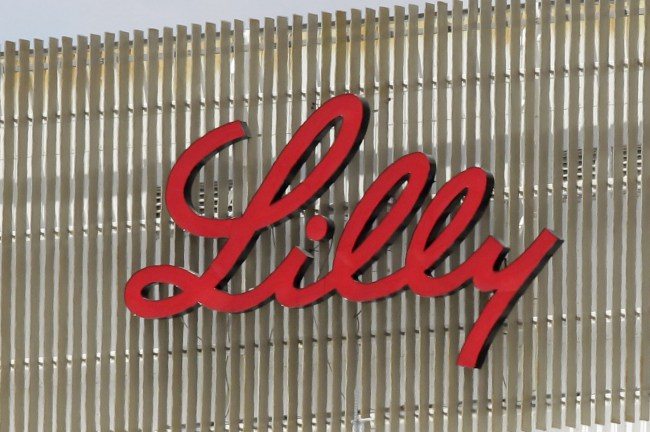
Eli Lilly and Co (NYSE:LLY) has categorically stated to its regulators and investors that it is hanging onto a possible nod from the FDA for a new indication for Jardiance. The company shares the SGLT2 diabetes med with Boehringer Ingelheim, but it has also revamped its promotional strategy for Glyxambi. The drug, which is a combo of the active ingredient in Jardiance, empagliflozin, and the DPP-4 product Tradjenta (linagliptin) had its blueprints turned upside down last year after an indication of a 38% reduced threat of CV death in high-risk Type 2 diabetes patients from Jardiance.
As a result of this, the company’s diabetes president Enrique Conterno predicts a significant benefit for Glyxambi. However, the president was quick to state that investing in the combo product right now may not necessarily be a big win whether through the access or promotional investment approach.
But is Jardiance likely to hold its own against DPP-4 diabetes competitors?
Lilly seems to be on point with its strategy. Instead of investing in Glyxambi, the focus is overcoming any hurdle on the new cardiovascular-friendly indication for Jardiance.
Both Lilly and BI must work to prove the impressive CV data that presents Jardiance as a preventive against cardiac death. Its use will harden a standard-of-care position and give a boost to critical growth in the SGLT2 class, which is undergoing slow expansion far below that which Lilly anticipated. The FDA is expected to hand down its verdict by December 4.
However, an adverse opinion does not mean that Lilly and BI will go home empty-handed. There will still be chances of a claim for inclusion of favorable clinical data in Jardiance body’s label. The worst part of it is that safety issues have erupted among SGLT2 patients. Nonetheless, Lilly will have to face the likes of Merck’s Januvia, and besides, DPP-4s have registered a clean safety profile.
The company’s shares fall following a tweet
As all this unfolds, a tweet by Senator Bernie Sanders, who has been attacking pharmaceutical companies over high U.S. drug prices, hit Lilly’s shares. The tweet read, “People are dying or getting sicker because they can’t afford their insulin.”
However, most of these companies have responded citing that they are working on pricing to ensure that a majority of Americans access insulin at the cost of $1 a day. Meanwhile, Lilly’s stock last traded at $72.98, a fall of $0.86 or 1.16%.




